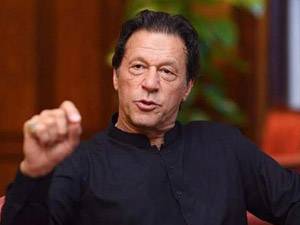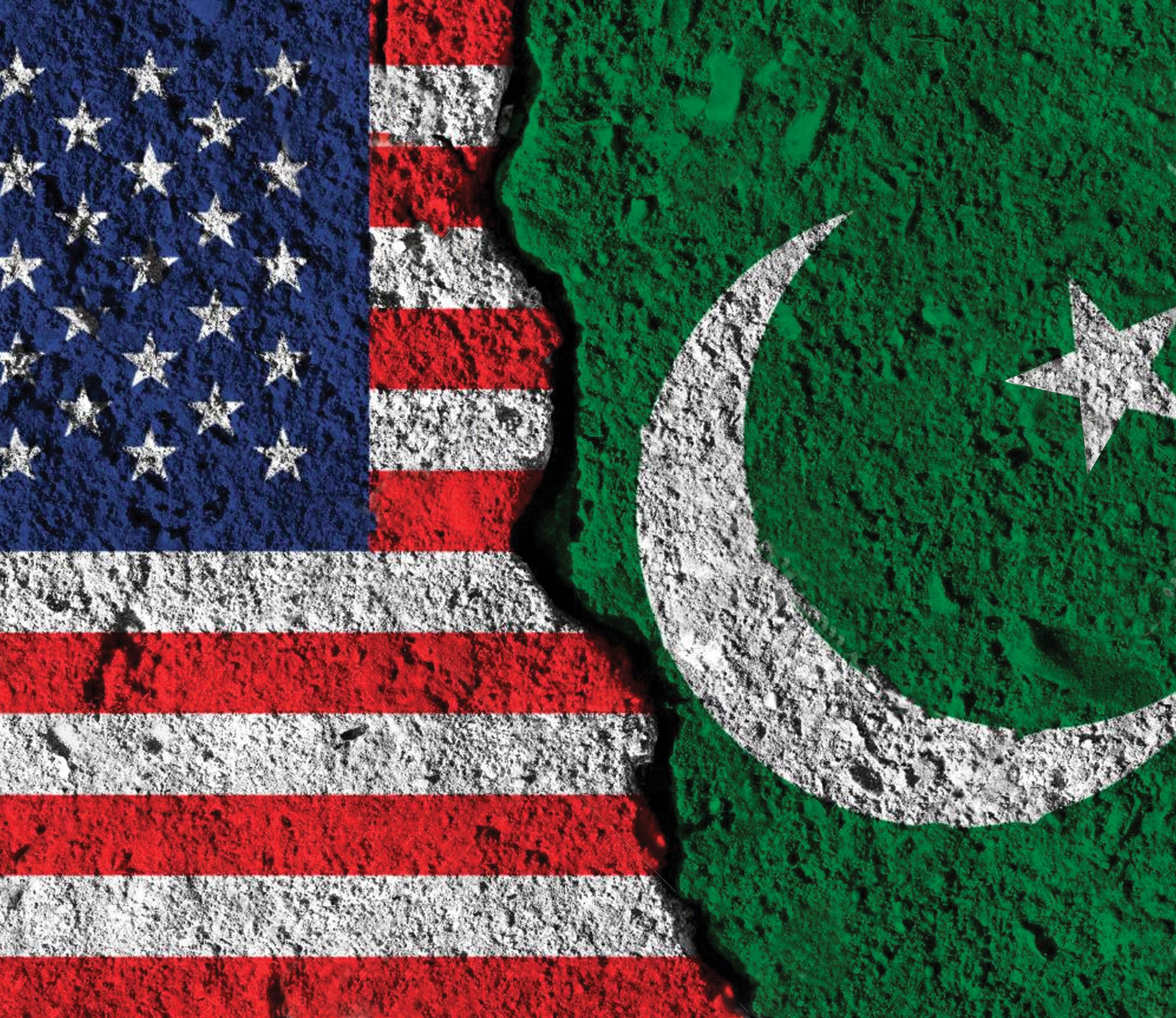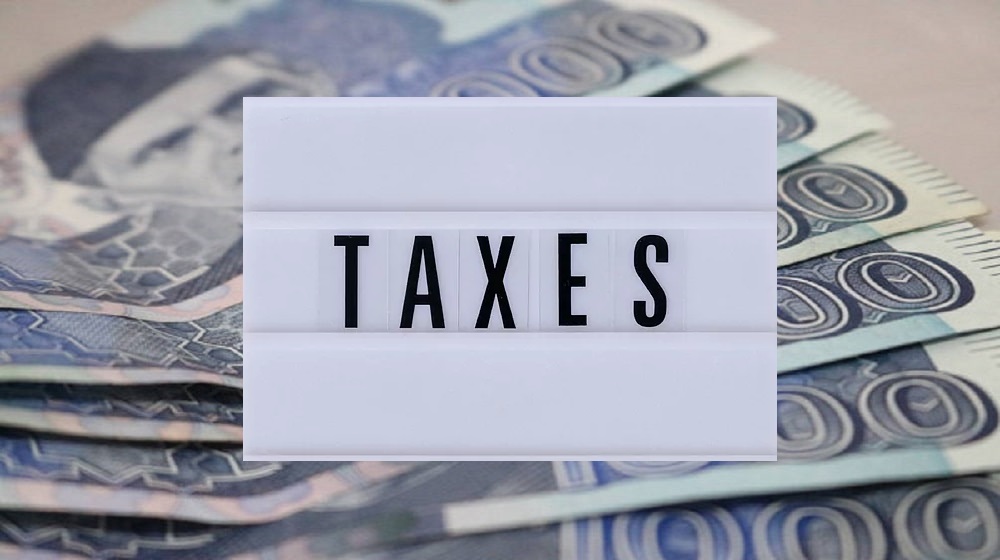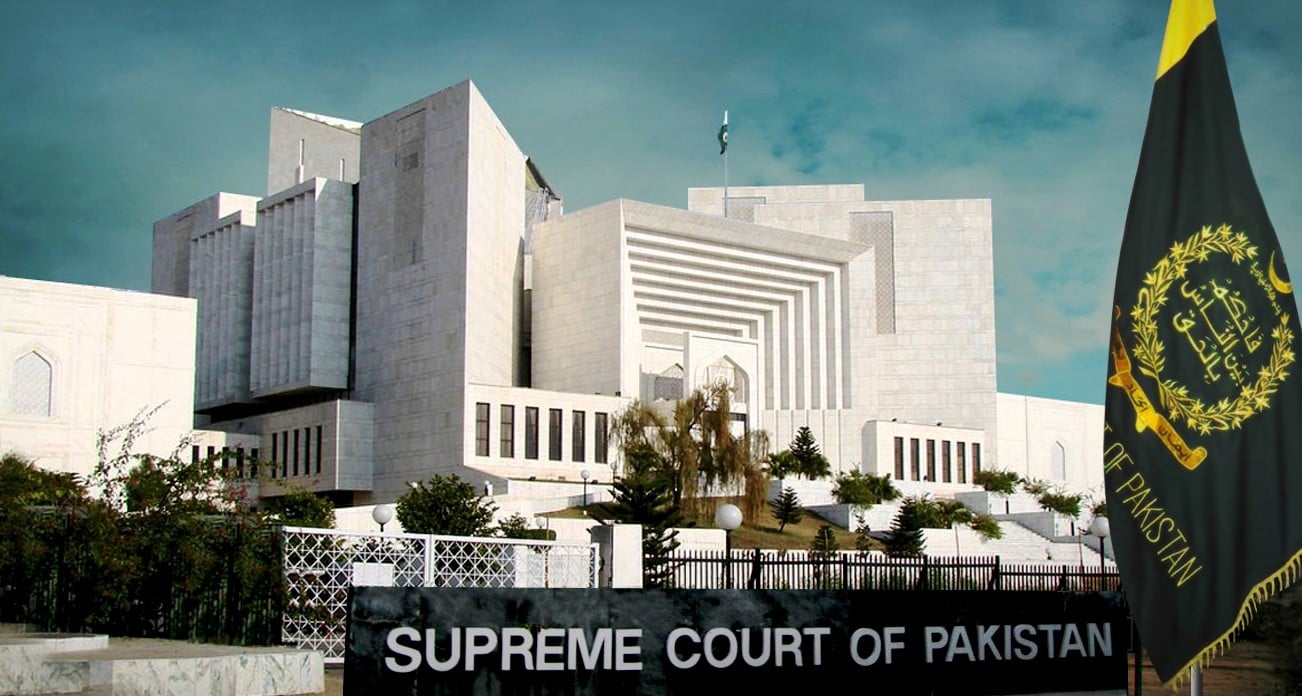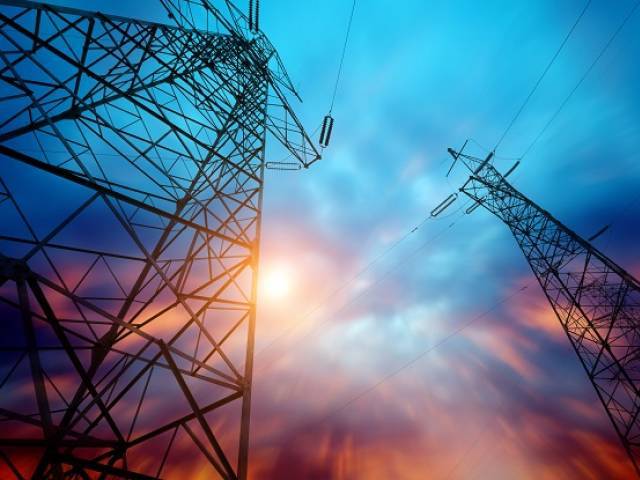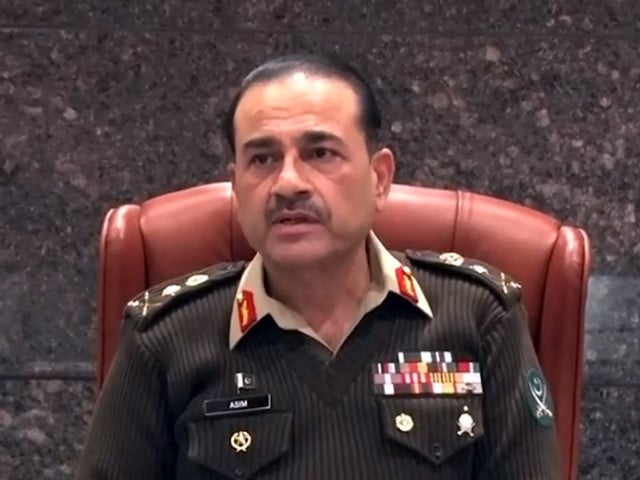On Wednesday, the Islamabad High Court (IHC) approved bail for Imran Khan, the founder of Pakistan Tehreek-e-Insaf (PTI), in the New Toshakhana case. Khan’s bail was granted upon the submission of two surety bonds worth Rs1 million each, with separate guarantors required. This development means Khan is no longer wanted in any cases under Islamabad’s jurisdiction.
However, the IHC warned Khan not to misuse his bail, stressing that he must appear at every court hearing unless specifically exempted. Failure to cooperate with the trial court could lead to the revocation of his bail.
Khan and his wife, Bushra Bibi, were arrested in July in connection with the case, which involves allegations regarding the illegal retention of a jewelry set gifted to Bushra Bibi by the Saudi royal family. While Bushra was released last month after spending around nine months in jail, the case has shifted from the National Accountability Bureau (NAB) to the Federal Investigation Agency (FIA) following a Supreme Court verdict.
During the hearing, the FIA prosecutor raised concerns over media reports suggesting bail approval, but Justice Miangul Hassan Aurangzeb dismissed such claims, stating that media speculation wouldn’t influence the court’s decision. The defense argued that the prosecution’s case was based on questionable testimonies, while also pointing out inconsistencies in the evidence presented.
Supporters of Imran Khan, including PTI spokespersons, have welcomed the bail decision, claiming that all cases against him were politically motivated. Khan’s sister, Aleema Khan, also praised the efforts of his lawyer, Barrister Salman Safdar. Meanwhile, the ruling Pakistan Muslim League-Nawaz (PML-N) criticized the bail, accusing Khan of receiving special treatment.
The Toshakhana case revolves around allegations that Khan and his wife illegally kept valuable gifts, including a jewelry set, which were not deposited in the Toshakhana as required by law. The undervaluation of the jewelry set allegedly led to a loss of Rs35.28 million for the national exchequer.




































